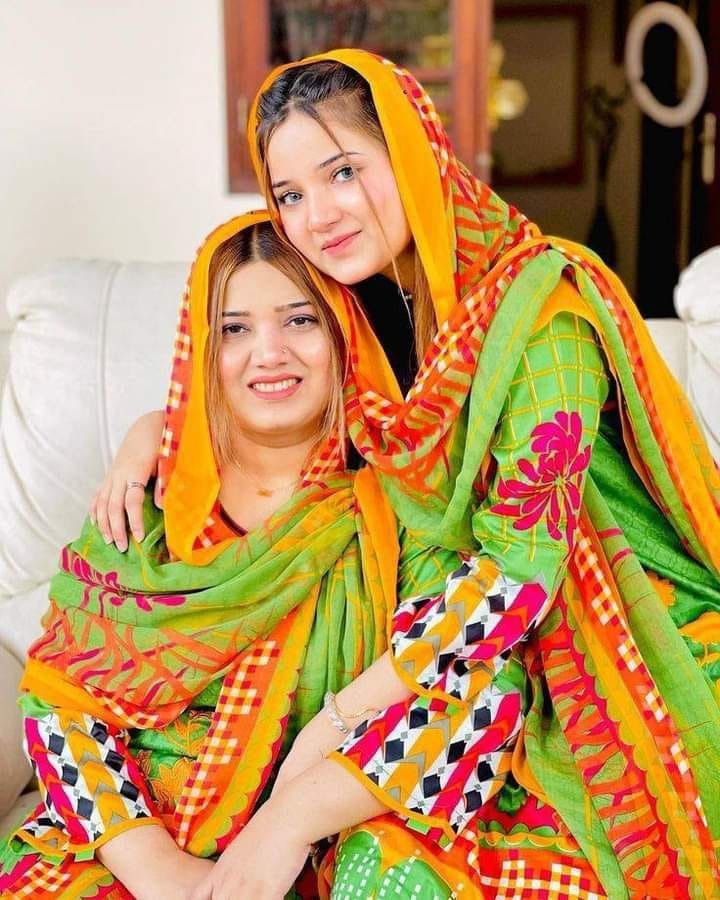
Nikah, the Islamic marriage ceremony, holds a profound significance in the lives of Muslims around the world. More than just a union of two individuals, Nikah is a sacred covenant that binds a couple together in a partnership grounded in faith, mutual respect, and commitment. This comprehensive guide delves into the spiritual, cultural, and practical aspects of Nikah, offering insights into its importance, traditions, and the preparation involved.
Understanding Nikah: The Foundation of Islamic Marriage
Nikah is an Arabic term that translates to “marriage” in English. It is derived from the Quran and Hadith, the primary sources of Islamic teachings, which outline the spiritual and social dimensions of this sacred bond. In Islam, marriage is considered a crucial institution that upholds moral values, strengthens family ties, and fosters a harmonious society. It is not merely a legal contract but a deeply spiritual and social commitment between a man and a woman.
The Spiritual Significance of Nikah
In Islam, Nikah is seen as a way to fulfill one’s religious duties and seek Allah’s blessings. The Quran states, “And of His signs is that He created for you from yourselves mates that you may find tranquility in them; and He placed between you affection and mercy.” (Quran 30:21). This verse highlights the spiritual tranquility and mutual compassion that marriage brings. The act of Nikah is believed to complete half of one’s faith, as it aligns with the teachings of Prophet Muhammad (peace be upon him), who emphasized the importance of marriage as a means to lead a righteous life.
